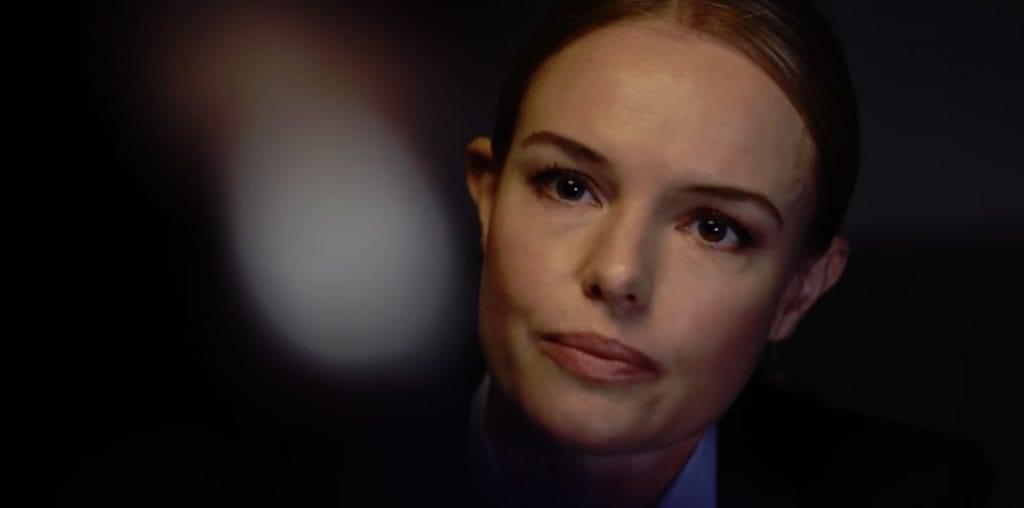
Here it is. Earth. We’re born on one part of it and we make our choices based on the many parts we live in and those we go to on vacation. Some of the choices affect us, some don’t. The titular character of “The Traveler” is Albin, whose own choices affect him greatly and who recalls Wiley Wiggins in “Waking Life,” who didn’t so much make choices as drift through dreams and thoughts and feelings. Albin does the same in some respect, but those choices eat at him and by extension, us.
Writer/director William Olsson gives us an entirely different perspective on a stagnant life by staging his film in Sweden, his homeland, and Berlin, where Albin decides to go after he realizes that four and a half years pursuing an MBA, working a job at a bank, and the words of his girlfriend Lisa (Sofia Zouagui)—that he lives life as if he were dead— have led him nowhere. He’s become so structured that he is stiff as he meets person after person on this trip, who obviously live. They talk, they dream, they love, they wish. In all of these conversations, at least at the time Albin embarks on the trip, there is some irony in how Olsson cuts his film together. Shot after shot after shot, Albin gets on the train, is seen sitting and looking out the window at the fast-moving green fields, and then he’s off the train and then he’s somewhere else. Wherever we travel, it seems to go faster than where we spend our actual lives, and Olsson captures that, yet Albin doesn’t catch on.
Olsson shoots everything in a low-key manner, and his actors do the same. When you travel, you meet people. So does Albin. There are cigarettes smoked, beers consumed, and lives poured out from one stranger to another. To some extent, Albin takes this all in as only a budding writer, but misses out on the key experiences. He meets Mary and Kasia who have stopped in Berlin for a time before moving on elsewhere. We learn that Mary likes him. He doesn’t catch on. So the question of whether he’ll grab on to some part of life for his own enjoyment grows bigger. The same is true for the moment he’s excited with a newfound friend named Anders about the possibility of going to Prague with two girls that they met. Anders likes one of them and Albin might like the other. Is this his part of life? Can he grow the balls to latch on now?
One of the more amusing themes throughout “The Traveler” is Albin’s attempt to be a writer. He decides to suddenly become one. He takes out his journal, clicks his pen and tries to write something, anything, even whatever he might feel. Nothing. He puts the journal away. There’s another moment where he writes to Lisa on the back of a postcard, telling her that he’s decided to become a writer. He’s not grasped yet what it is to become a writer. You don’t announce that you’re going to become a writer. You just do it. It’s not a grand gesture to the world and soon you find that even though some people may be impressed, it is and always will be a solo flight. That’s the true test of whether you’d want to press on with it. And again, Olsson implants more irony by Albin not being able to write anything for a time, despite having had a lot happen to him already. The women. The conversation. The dance club. Albin is made more fascinating because we wonder more about what stops him from doing something for himself, even this.
Based on this and his short film “Rosa,” Olsson prefers a real-life feel to his films. It’s happening now. There’s no flashback. This person, whomever he or she is, arrives to us, already going through what drives them at any moment. And in adhering to a hand-held style, Olsson finds great advantage in this with the techno festival, Loveparade 2003, which is a sight to be seen through his camera. In Albin, Olsson finds truth about living life, about what we do day after day and what we wish we could do. “The Traveler” says a lot, even when Albin just sits and takes in his surroundings.
